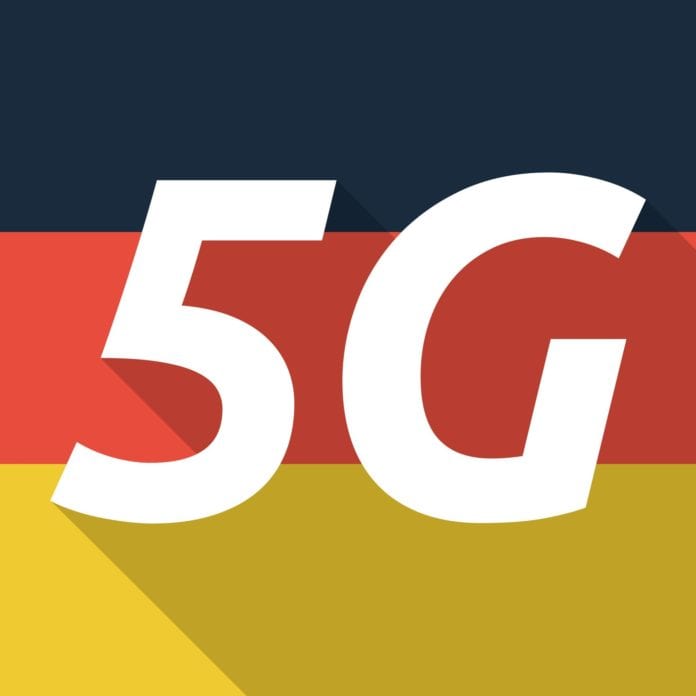Under the new agreement, both firms will connect 5,000 Telefonica’s base stations to DT’s fiber infrastructure
German carriers Deutsche Telekom and Telefónica Deutschland have announced an agreement to speed up the deployment of 5G networks and reduce cost.
Under this new deal, the two companies have agreed to connect at least 5,000 Telefónica Deutschland mobile base stations with Deutsche Telekom’s fiber-optic network in the long term.
DT said it can “dedicate the captured synergy effects directly to its own network expansion.”
Deutsche Telekom and Telefónica Deutschland had signed a mobile backhaul contract in 2011. The new agreement builds on this contract and expands the partnership significantly.
“This agreement is an important step toward ensuring the future viability of Germany’s mobile communications infrastructure,” said Dirk Wössner, managing director of Telekom Deutschland. “Everyone will win from this cooperation, because Deutsche Telekom and Telefónica can both capture synergies. The resources that we save will be dedicated directly to our own network upgrades and the development of 5G. Deutsche Telekom is building and operating the largest fiber-optic network in Germany by far.”
“This partnership between Telefónica Deutschland and Deutsche Telekom represents an important milestone for network expansion in Germany. By using the available infrastructure, we can accelerate the expansion of our mobile network and get a significant portion of our mobile base stations in shape for the future 5G standard. As a result, our customers will benefit directly from a more powerful mobile network and a better user experience,” said Markus Haas, CEO of Telefónica Deutschland.
In its network upgrades, Telefónica Deutschland will focus on partnerships with network operators like Deutsche Telekom and alternative mobile communications providers, to connect an increasing share of its mobile base stations with fiber-optic cables, Haas added.
With this new agreement, the two telcos say they are creating an “ideal foundation” for the upgrade of existing 3G and LTE antennas to 5G.
Last month, Germany’s Federal Networks Agency (BNetzA) presented the draft terms for the 5G auction planned for early 2019. The draft terms of the 5G spectrum auction do not require successful bidders to provide nationwide 5G coverage, but require a coverage of 98% of the households as well as sufficiently good coverage along federal and state highways.
The country’s three telcos — Deutsche Telekom, Vodafone and Telefonica Deutschland — have previously said that deploying 5G all across the country would be a difficult target to achieve.
The proposal on the 2 GHz and 3.6 GHz bands has been sent to the regulator’s advisory board. The body will reach a final decision on the spectrum auction terms in November.
Germany’s antitrust regulator called for a fourth mobile carrier to enter the domestic market when 5G licenses are auctioned in 2019.

